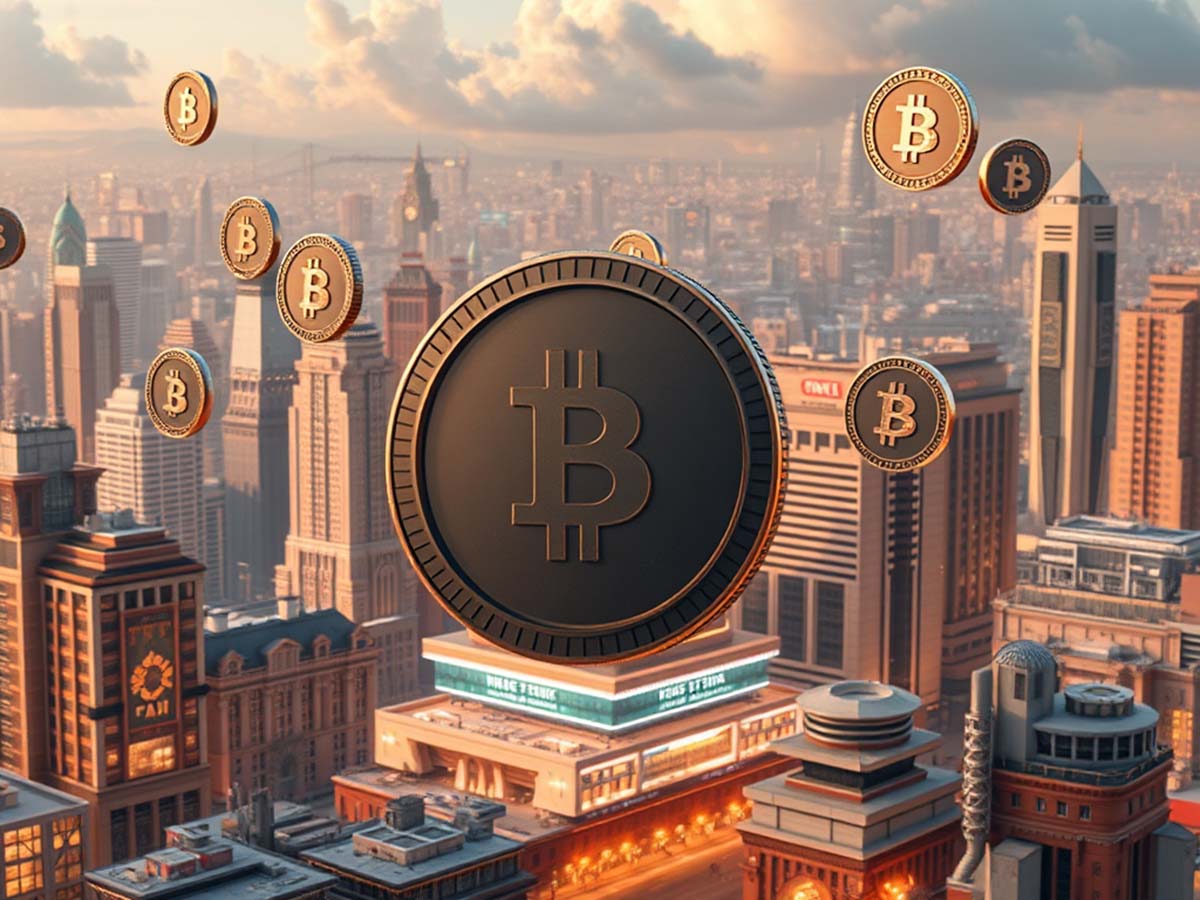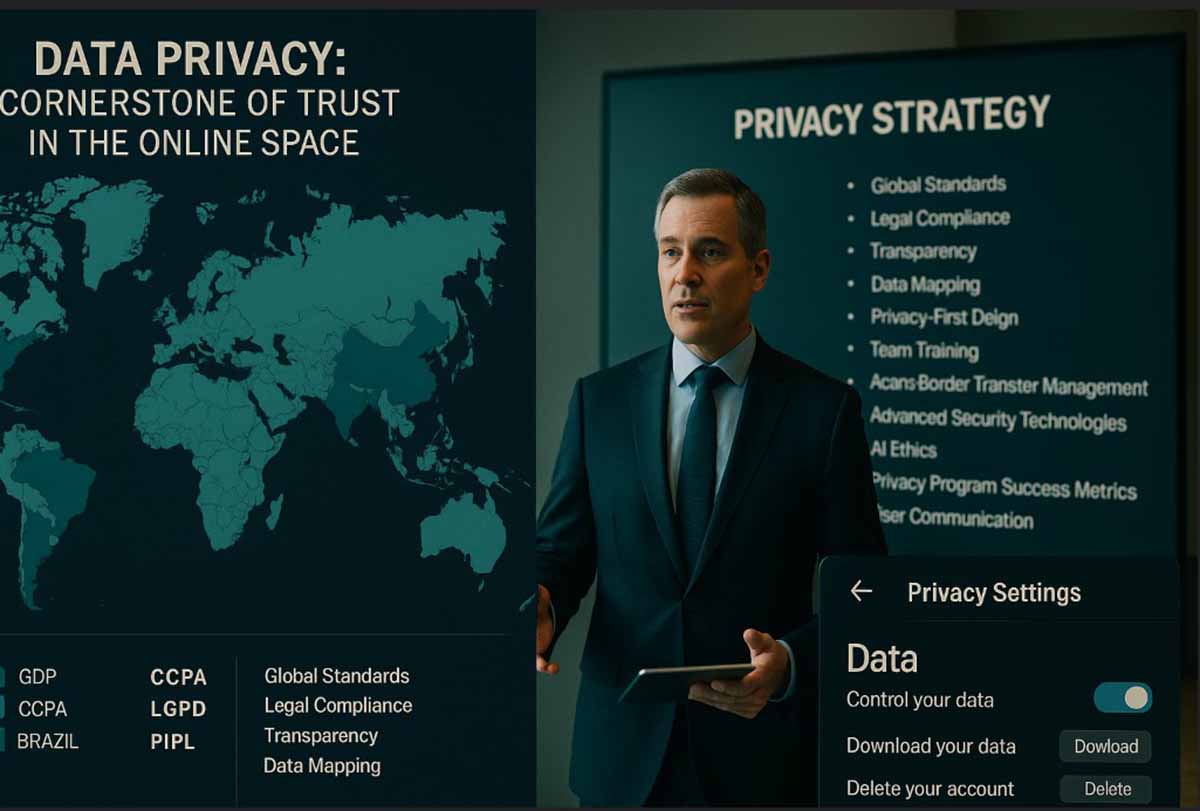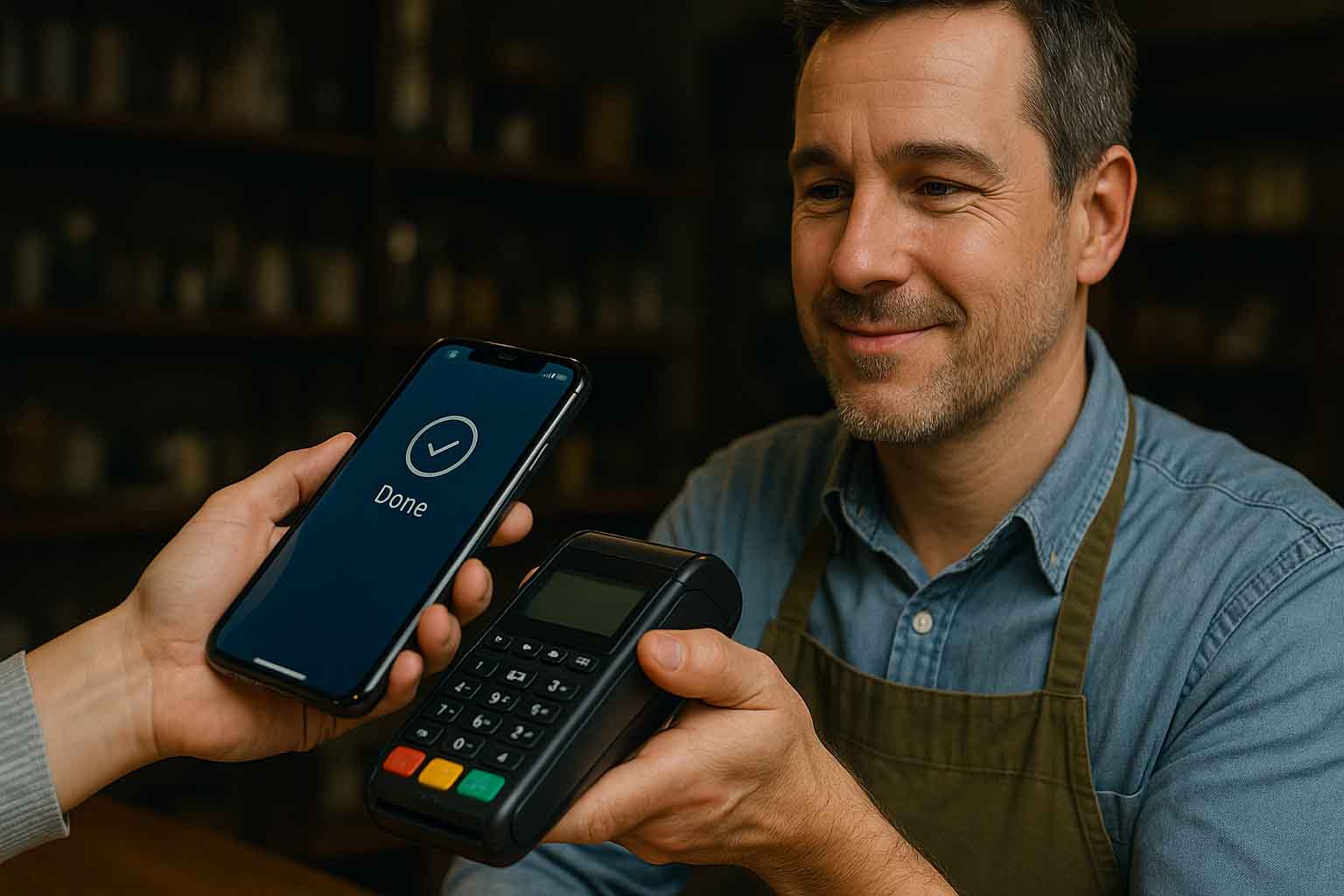
How Digital Tokens Are Being Used in the Real World
As technology continues to evolve, digital tokens are becoming part of everyday life. No longer confined to blockchain enthusiasts or cryptocurrency investors, these tools are now being used across various sectors to streamline operations, increase security, and unlock new economic value.
Although many people associate digital tokens with well-known cryptocurrencies like Bitcoin or Ethereum, their practical applications go far beyond those examples. Industries worldwide are discovering real-world uses that bring efficiency and transparency to their systems.
– Digital tokens are applied in areas like supply chain, entertainment, real estate, and governance.
– They help make processes more secure, efficient, and transparent.
– Across the globe, more institutions are adopting tokenization for improved operations and user trust.
What Digital Tokens Represent in Today’s Systems
A digital token is a representation of value, rights, or ownership stored on a blockchain network. These tokens can mirror real-world assets like property, gold, or money—or grant access to digital services and tools.
There are two main types:
Utility Tokens – Provide access to services or platforms.
Security Tokens – Represent ownership or shares in assets.
Today, digital tokens are no longer limited to the financial sector. They are increasingly woven into daily interactions and business models globally, bridging the physical and digital worlds.
The Role of Blockchain in Tokenization
At the heart of digital tokens lies blockchain technology—a decentralized, tamper-resistant system for recording transactions. Because of its design, blockchain offers a level of transparency and security that traditional systems often lack.
When an asset such as music, real estate, or merchandise is represented by a token on a blockchain, this process is known as tokenization. This approach allows the asset to be divided, traded, or transferred in a secure and cost-effective way.
For example, a commercial building can be divided into thousands of tokens. Investors from different parts of the world can each own a portion by purchasing these tokens. This democratizes access and simplifies international investment.
Transforming Supply Chains with Digital Tokens
One of the most tangible applications of digital tokens can be found in supply chain management. They allow for real-time tracking and verification of products as they move from source to consumer.
Consider a chocolate manufacturer tagging each box of cocoa with a digital token. As the shipment progresses—from farm to retailer—every detail is updated on the blockchain. The token serves as a digital fingerprint for the product.
This level of transparency reduces fraud and increases consumer trust. Shoppers can trace a product’s entire journey, ensuring that it meets ethical and safety standards.
Real Estate Transactions Made Simpler
The process of buying or selling property is often slow, paper-heavy, and bureaucratic. Digital tokens offer a way to modernize that experience.
Instead of relying on lengthy paperwork, a property token can represent partial ownership of land or buildings. Investors can buy tokens using a digital wallet, giving them an immediate stake in a real estate asset, even from overseas.
This model is already in use in parts of Europe and the Middle East. Residential towers are being tokenized and listed for international investors, offering access that previously required large capital and complex legal procedures.
Owning Digital Art and Media in New Ways
The art world has seen a major shift thanks to the emergence of non-fungible tokens (NFTs). Each NFT is unique and cannot be exchanged like-for-like, making it ideal for representing original artwork.
For instance, a digital artist based in Tokyo might sell their piece through an NFT. A buyer in Berlin can purchase it and receive verifiable proof of ownership—even though the artwork exists only in digital form.
Beyond art, NFTs are also being used in gaming and music industries. Musicians can now earn a share of revenue each time a token representing their track is sold or traded, giving artists more control over how their content is monetized.
Verifying Identity Through Token-Based Systems
As data breaches and identity fraud continue to grow, digital tokens offer a more secure way to verify identities. Instead of repeatedly entering sensitive information across multiple platforms, users can hold a single identity token.
This token confirms their identity without sharing unnecessary personal data. Some countries in Europe are already using this method for public services like healthcare and pension access, offering speed and safety without compromising privacy.
Community Governance Through Token Voting
Digital tokens are now being used as tools for collective decision-making. In decentralized communities, tokens can act as voting rights that allow members to participate in shaping the future of a project or organization.
A decentralized tech group (often known as a DAO, or Decentralized Autonomous Organization) might issue governance tokens to each member. These tokens can then be used to vote on key proposals or policy changes.
This structure enhances transparency and accountability, allowing every participant to have a say in decisions that impact the collective. Such models are gaining popularity among open-source communities and digital cooperatives worldwide.
Real-World Case Studies from Around the Globe
Organizations in various countries are already putting digital tokens into practice in meaningful ways:
Switzerland: A Zurich-based bank issues tokenized bonds to attract a broader investor audience.
Singapore: Telecom providers are offering token-based loyalty rewards.
Germany: A logistics company uses tokens to monitor its fleet’s location in real-time.
United Arab Emirates: Property developers in Dubai are allowing international investors to trade tokenized real estate assets without intermediaries.
These examples show that digital tokens are no longer an abstract concept. They are being used to solve real-world challenges and reshape traditional systems.
Why Tokenization Is Gaining Traction
The increasing shift toward token-based systems isn’t just about innovation—it’s about practical benefits. Organizations, governments, and individuals are adopting tokenization for several key reasons:
Greater transparency in operations and transactions
Reduced costs by minimizing intermediaries
Faster asset transfers and ownership changes
Improved data security through cryptographic protection
When implemented thoughtfully, digital tokens can build public trust in digital systems and bring economic opportunities to wider audiences.
Looking Ahead
Digital tokens are no longer reserved for niche communities or tech specialists. Their integration into daily life signals a broader change in how society views value, ownership, and access.
As startups and global institutions alike continue to test and adopt tokenized systems, the future seems likely to favor flexible, borderless, and user-centric platforms.
The challenge ahead lies in ensuring these systems are built with care, equity, and reliability. With thoughtful regulation, public education, and collaboration, tokenization has the capacity to benefit not just a few—but the global population at large.


No Comments